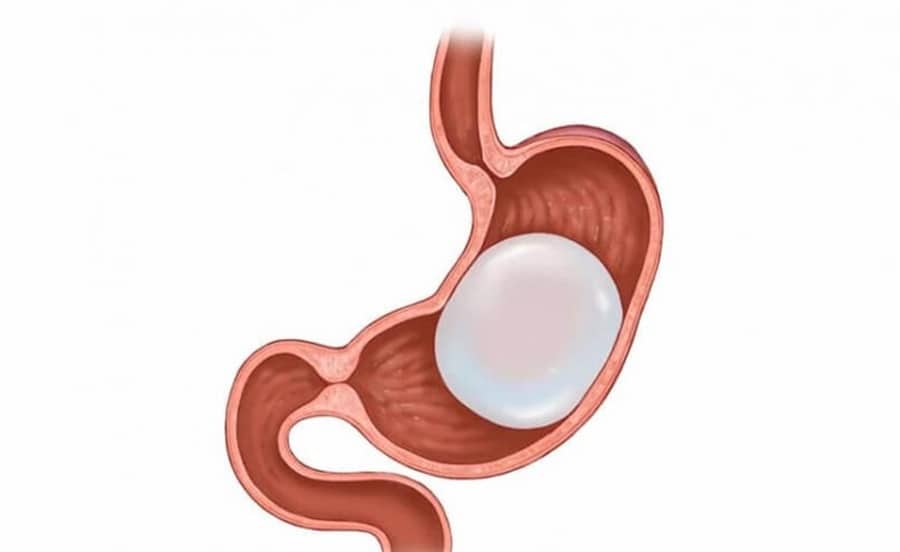Urinary tract infections, or UTIs, are a common problem many experience at some point in their lives. If you have ever had one, you know how uncomfortable and frustrating it can be. UTIs can occur in any part of the urinary tract, from the kidneys to the bladder to the urethra. To help you get a better understanding, this article will discuss everything you need to know about urinary tract infections! It will cover the causes, symptoms, and treatment options for UTIs.
Contents
- 1 What Is A Urinary Tract Infection?
- 2 Causes Of Urinary Tract Infection
- 3 Wiping Incorrectly
- 4 Over Consuming Sugar
- 5 Intercourse
- 6 Hormonal Changes
- 7 Symptoms Of A Urinary Tract Infection
- 8 Testing For A Urinary Tract Infection
- 9 Treatment Options For A Urinary Tract Infection
- 10 Tips For Preventing Future UTIs
- 11 It Is Important To Understand Urinary Tract Infection
What Is A Urinary Tract Infection?

A urinary tract infection (UTI) is an infection in any part of your urinary system — your kidneys, ureters, bladder, and urethra. Most infections involve the lower urinary tract — the bladder and the urethra. Women are at greater risk of developing a UTI than men. Urinary tract infections occur when bacteria enter the urinary tract and multiply. The bacteria usually come from the digestive tract and typically enter the urethra — the tube that carries urine from the body. They can travel up to the bladder, causing an infection.
Bacteria can cause kidney damage and even life-threatening complications in your kidneys. This bacteria can also travel to the kidneys and cause a more severe infection. Untreated UTIs in adults can cause an increased risk of developing both kidney stones and chronic kidney disease.
Causes Of Urinary Tract Infection
To protect yourself from developing a UTI, it’s essential to be aware of the main causes. Some of the most common risk factors for UTIs include:
Wiping Incorrectly

Most people have been taught to wipe from front to back when it comes to personal hygiene. However, this method of wiping is not always effective, and in some cases, it can lead to urinary tract infections because the anus is close to the urethra, the opening through which urine is excreted.
If fecal matter is not wiped properly, it can easily spread from the anus to the urethra. Once in the urethra, bacteria can travel up the urinary tract and cause an infection. To avoid this potentially painful condition, it is important to wipe from front to back and ensure you remove all feces.
Over Consuming Sugar

When you consume sugar, your body breaks it down into glucose and fructose. Glucose is then absorbed into the bloodstream, and the liver metabolizes fructose. Some of the fructose turns into glycogen, which is stored in the liver and muscles for energy. However, if you consume too much sugar, it can harm your urinary tract. Too much sugar in your urine can provide a food source for bacteria, leading to a urinary tract infection.
You should limit soda, candy bars, and other sugary foods to prevent urinary tract infections. Drinking plenty of water daily is also essential, as this helps clear out excess sugar from the body. Following a low-sugar diet and staying hydrated can greatly reduce your risk of developing a UTI.
Intercourse

Though not often spoken about, intercourse is one of the most common causes of urinary tract infections (UTIs). When bacteria from the genitals enter the urethra, they can travel up to the bladder and cause an infection. Intercourse also increases the risk of UTIs by causing inflammation in the urethra. This inflammation makes it easier for bacteria to attach to the urinary tract and cause an infection. If you are sexually active and suffer from recurrent UTIs, there are a few things you can do to reduce your risk.
Though intercourse is a common cause of UTIs, it doesn’t have to be dreaded. Always urinate before and after intercourse to flush out bacteria. Use a condom to reduce friction and help prevent UTI-causing bacteria from entering the urethra. And drink plenty of fluids to keep your urine diluted and less likely to infect.
Hormonal Changes

Another major factor that can contribute to a UTI is hormonal changes. A delicate balance of hormones controls the female reproductive system, and any change in this balance can disrupt the normal function of the urinary tract. For example, during pregnancy, the level of the hormone progesterone rises sharply. This hormone relaxes the muscles in the pelvis, which can interfere with the normal flow of urine and make it more likely for bacteria to enter the urinary tract.
In addition, menopause and other changes in hormone levels can also lead to UTIs. Because of these hormonal links, women need to be aware of their risks and take steps to reduce their chances of developing a UTI.
Symptoms Of A Urinary Tract Infection

It’s essential to be aware of the symptoms of a urinary tract infection, as this can help you get treatment sooner. Common signs and symptoms include:
- pain or burning when urinating
- frequent urge to urinate, even if little comes out
- dark, strong-smelling urine
- blood in the urine or cloudy, whitish discharge
- nausea and vomiting
- chills and fever
If you are experiencing any of these symptoms, you must see a doctor immediately.
Testing For A Urinary Tract Infection

If you have been experiencing any of the above symptoms, one of the first things your doctor will likely do is test for a UTI. To diagnose a UTI, your doctor will likely order a urine test. This test can detect the presence of bacteria in the urine, which is often indicative of an infection. In some cases, your doctor may also order additional tests, such as a blood test or imaging scan, to rule out other potential causes of your symptoms. Conditions like kidney stones or bladder cancer can often cause similar symptoms to a UTI, so it’s important to get an accurate diagnosis to receive the proper treatment.
Treatment Options For A Urinary Tract Infection

Once your doctor has ruled out other conditions and confirmed that you have a UTI, there are a few different treatment options available, including:
- Antibiotics – Most UTIs can be effectively treated with antibiotics. Your doctor will typically prescribe a course of oral antibiotics and recommend that you take all of the medication, even if your symptoms disappear before it is finished.
- Pain relievers – If you are experiencing pain or discomfort, your doctor may also prescribe pain medications to help relieve these symptoms.
- Self-care techniques – There are also some things you can do at home to help speed up the healing process and relieve symptoms, such as drinking plenty of water and practicing good hygiene.
Tips For Preventing Future UTIs

To reduce your risk of future UTIs, you can do a few simple things. These include:
- Maintaining good hygiene – Includes washing your hands frequently, wiping from front to back after using the bathroom, and showering regularly.
- Limiting sugar intake – Limiting or avoiding foods high in sugar can help reduce the risk of UTIs.
- Drinking plenty of water – Staying hydrated is one of the best things you can do to help prevent UTIs.
- Getting enough sleep – Getting adequate rest can also go a long way in preventing future UTIs.
Following these tips can greatly reduce your risk of developing a UTI and help you get back to feeling healthy and energized as quickly as possible.
It Is Important To Understand Urinary Tract Infection
There is quite a bit to understanding and treating urinary tract infections, from hormonal changes to self-care techniques. If you are experiencing any of the symptoms of a UTI, it is essential to see your doctor immediately to get the treatment and care you need. With proper diagnosis and treatment, most UTIs can be managed effectively and cleared up in no time! And if you are experiencing frequent recurrences, you should speak with your doctor about other strategies for preventing future infections.


